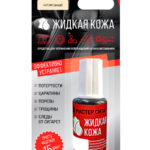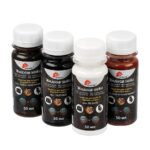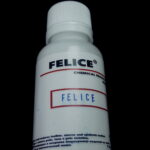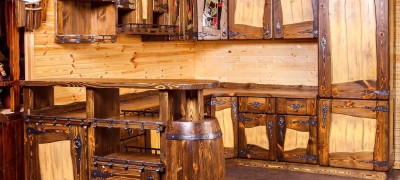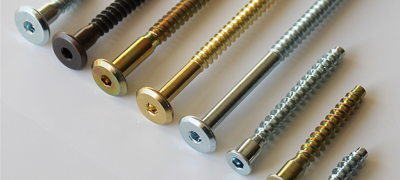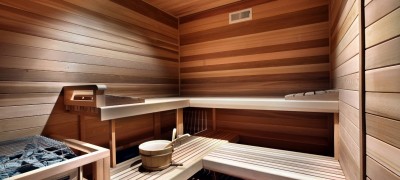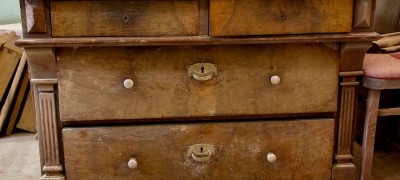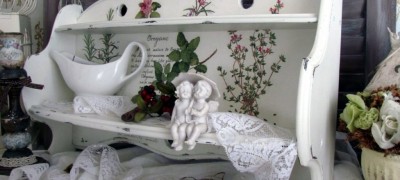Repair of leather furniture with liquid leather
Those who have leather furniture at home have probably come across the fact that it needs to be restored at regular intervals. Over time, the material wears out, minor scratches, tears and abrasions appear. Especially often people face similar problems when there are animals in the house.
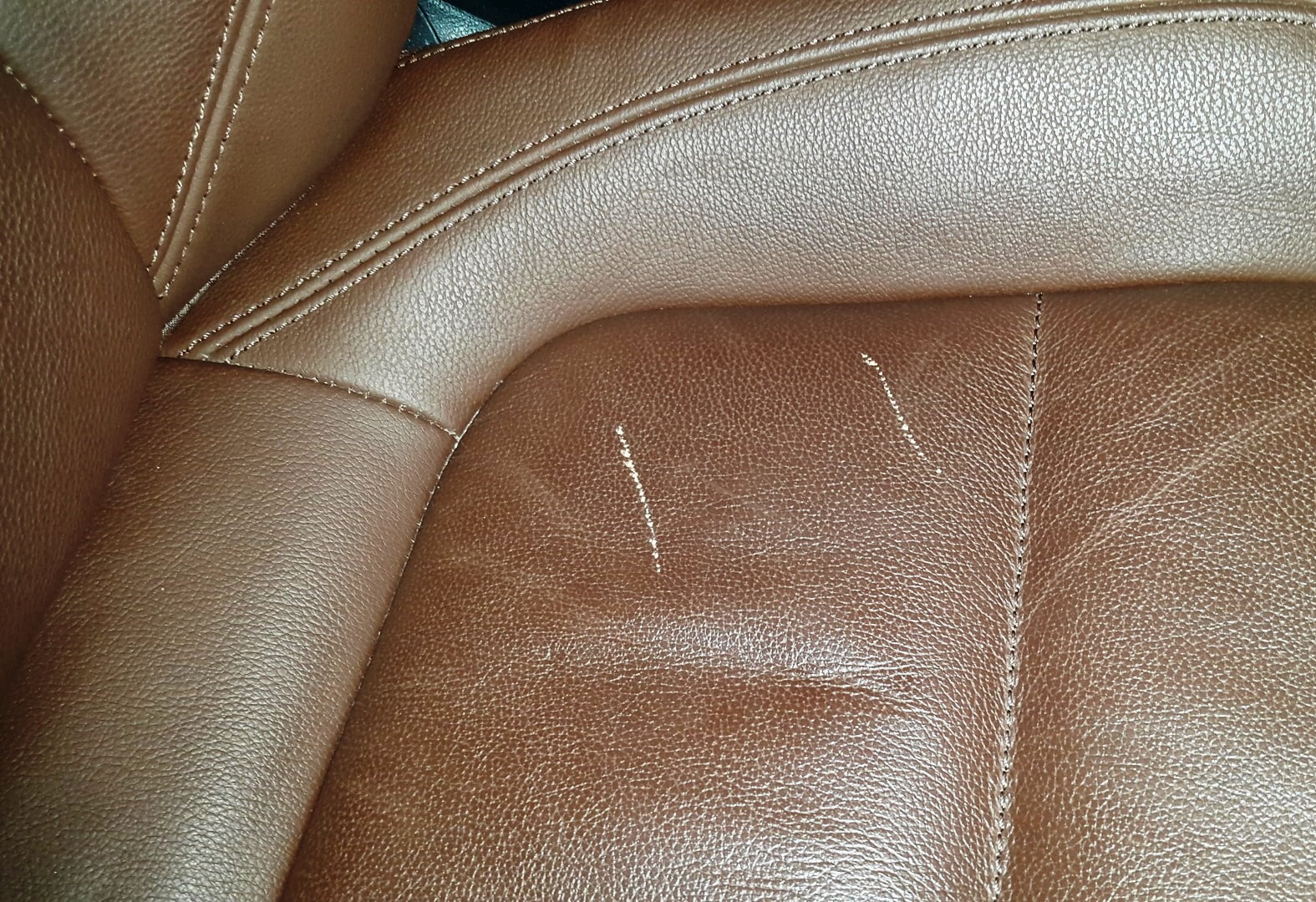
Until recently, such flaws could be eliminated only by using a patch of identical material by sewing. This method was used for minor damage. If there were such flaws throughout the entire area of the sofa, then there was only one way out - a full-fledged constriction of the product.
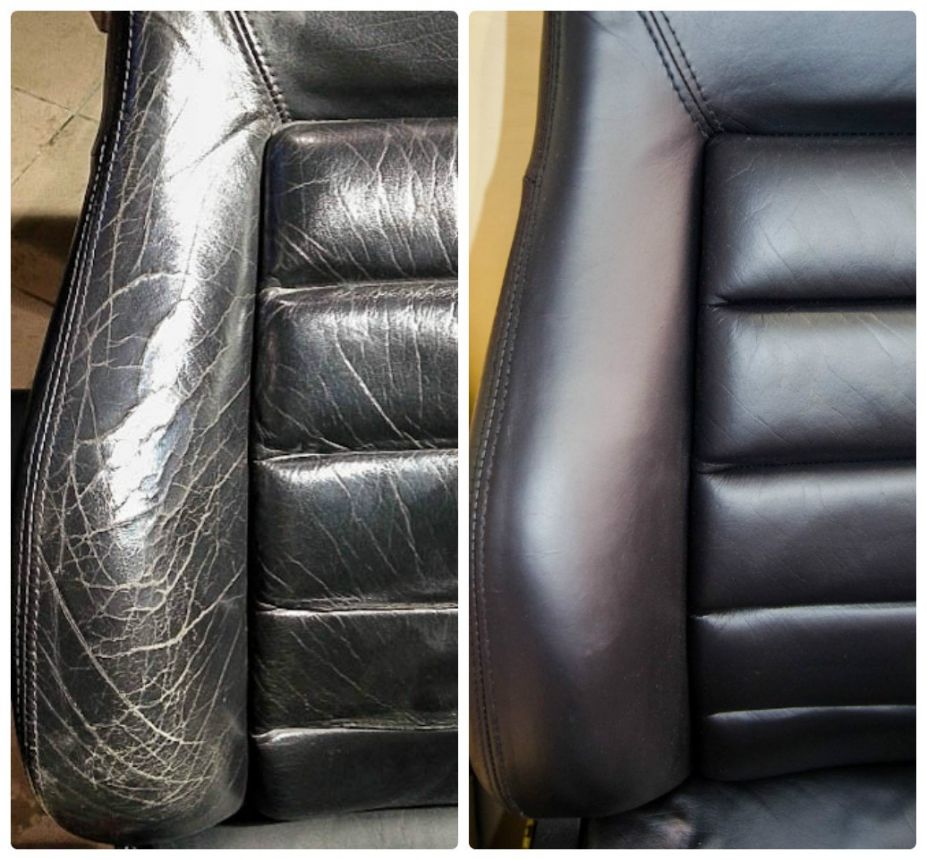
However, development does not stand still. And for the repair of leather furniture, an alternative solution was invented, which completely supplanted the previous methods of repair. With the advent of liquid leather, it has become much easier to resolve issues with the restoration of furniture.
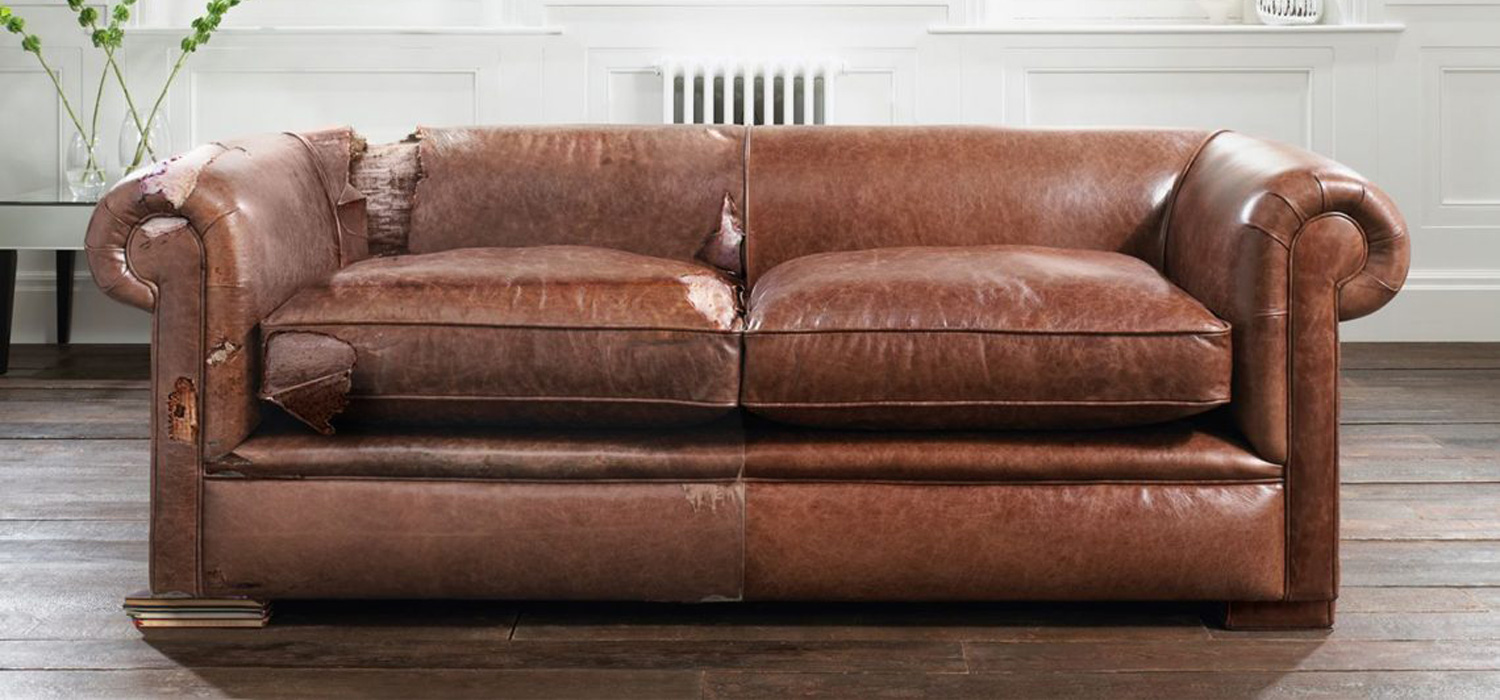
And if the previous repair methods made it difficult to carry out work at home. Then with the advent of this substance, the repair of leather furniture with your own hands is done easily and quickly.
What is liquid skin
Liquid skin is a polymer mixture based on two elements:
- water;
- alcohol.
These are the main components, however, in addition to them, rubber resin and a sticky adhesive base are also used. These components allow the prepared mixture, when in contact with a leather product or leatherette furniture, to adhere as tightly as possible and form a sufficiently elastic consistency.
After the liquid leather for furniture has hardened, it is almost impossible to distinguish it from the material, since the mixture perfectly adjusts to the characteristics of the skin, and given that the characteristics are maximally identical not only from the visual side, but also in technical parameters, it can be called liquid skin is the perfect way to deal with these issues.
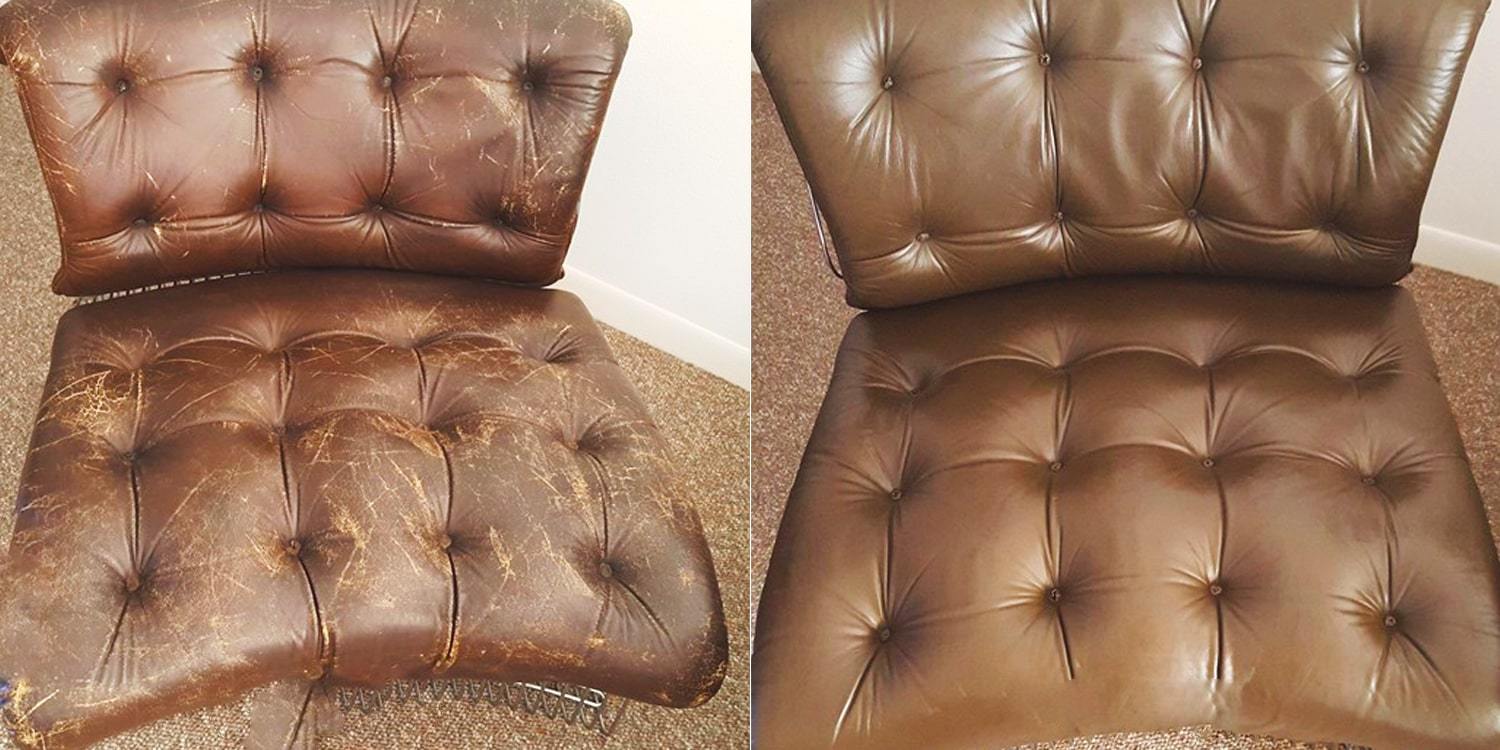
In addition to all the above components, a dye is also used to make this adhesive mixture. It is necessary in order to create different shades, and to be able to repair all products. Thanks to this component, a full range of liquid leather mixtures are available on the market.
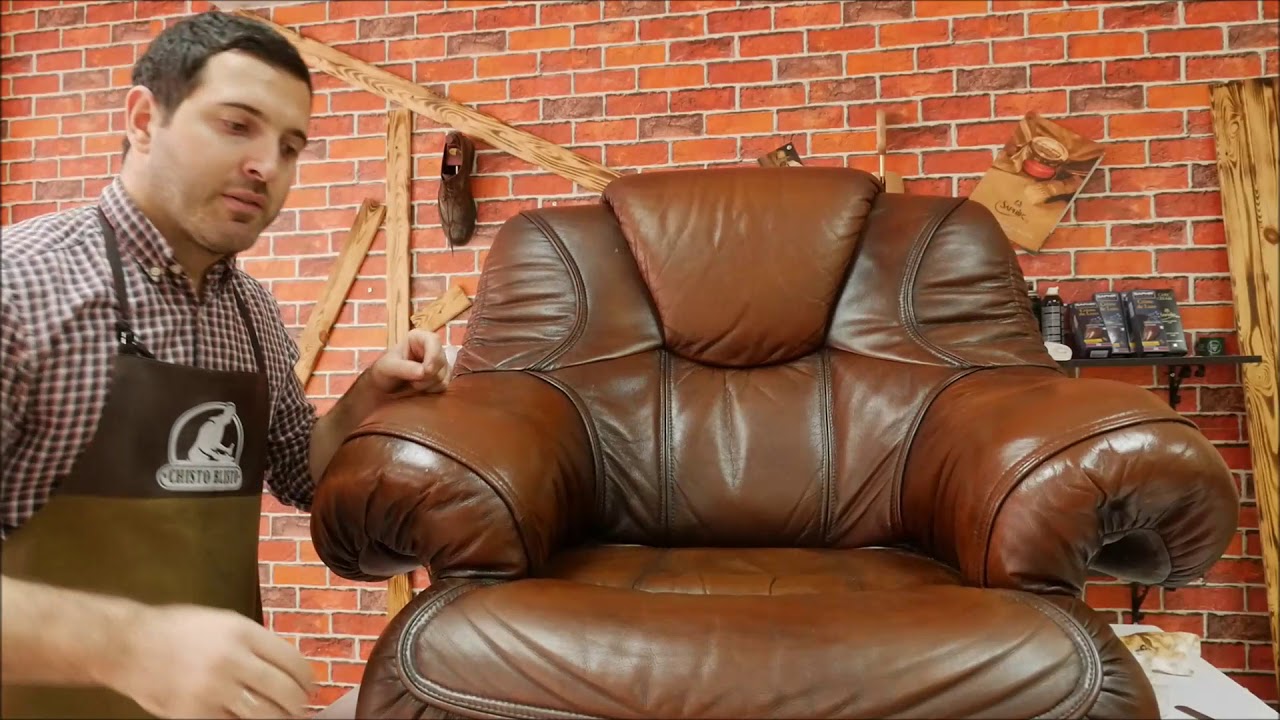
And if the furniture has some extraordinary shade that is not on sale, then you can mix several options to obtain the desired effect. These funds are used in many places, but its main direction is the restoration of leather goods. However, this material is great for:
- dermantin;
- artificial leather;
- vinyl.
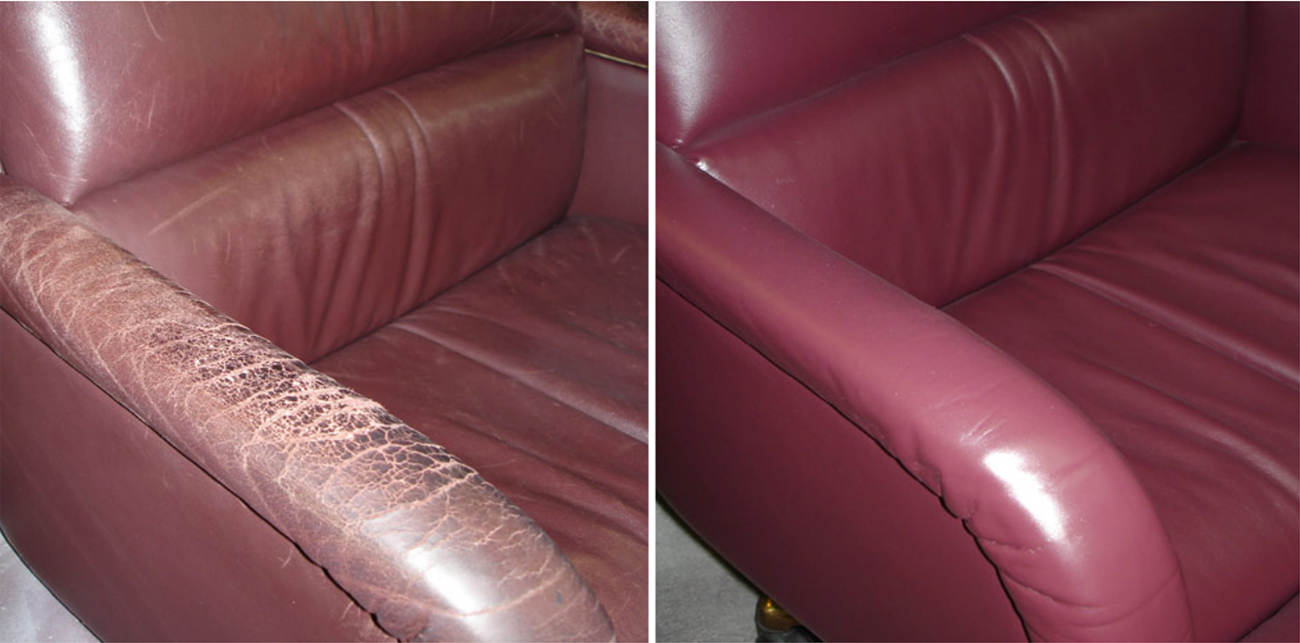
The specificity of liquid leather is such that only minor damage can be repaired. Large-sized scuffs cannot be hidden with such material.
How to choose
If there is a need to mask small scratches or scuffs on furniture made of the above materials, then the choice of liquid leather should be approached only by the color parameter.Since the quality characteristics, as well as the composition of the liquid, are almost identical for the products of various brands.
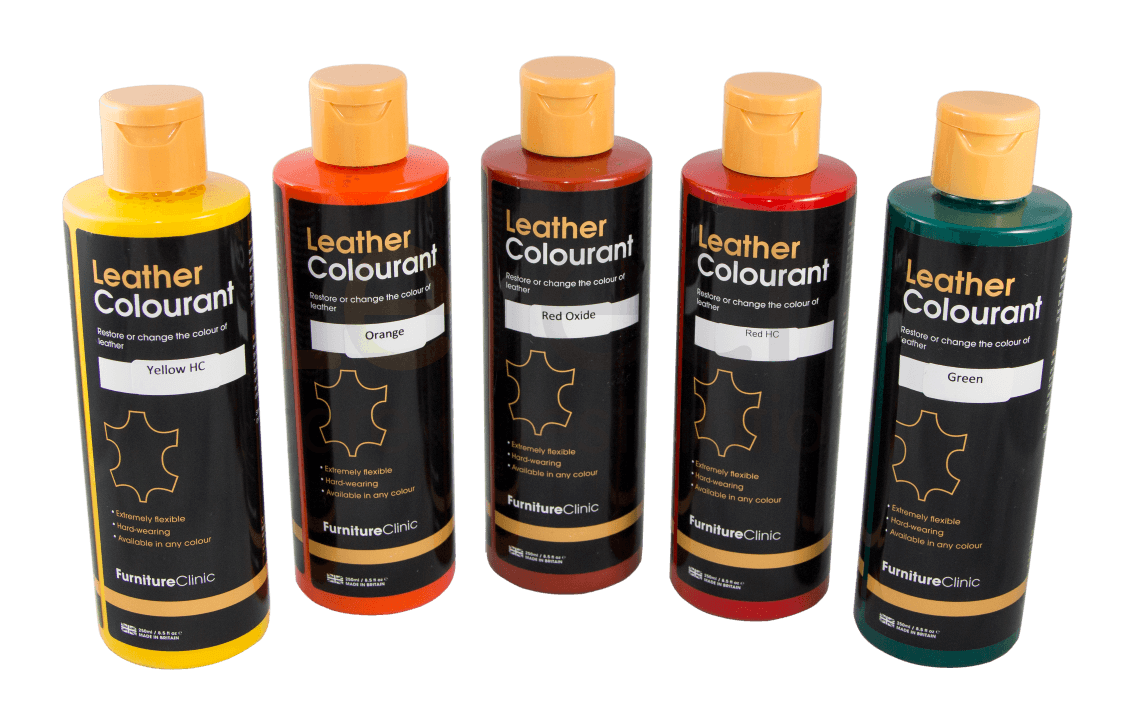
If there is a problem with choosing a shade, and the desired option is not on sale, then you can also get out of the situation as follows. If, for example, the sofa is made in a dark brown color, and among the range of products there are only brown and black options, then you can purchase two bottles to mix them to the desired shade. The mixture allows you to do such manipulations.
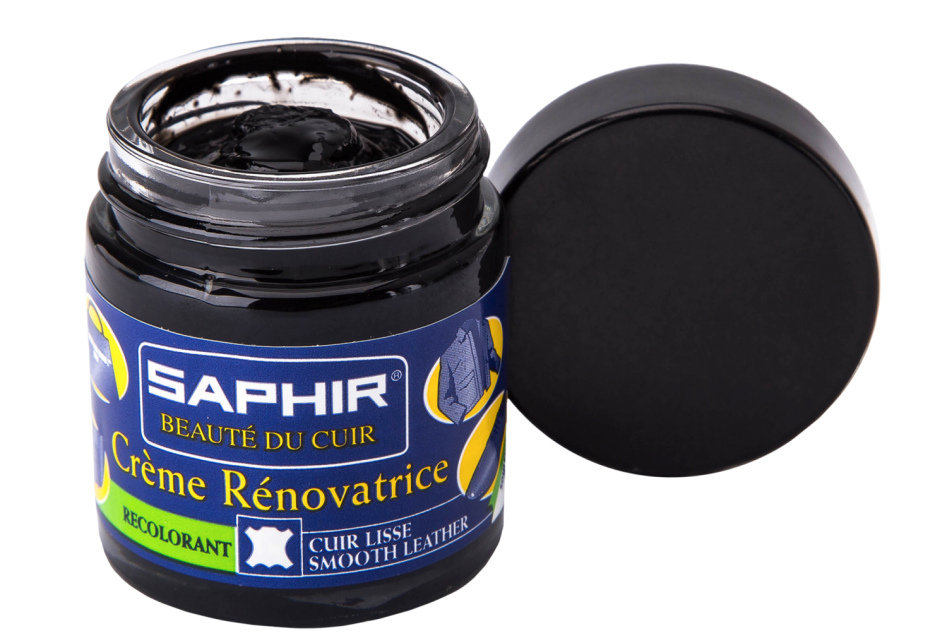
In addition, this will not qualitatively affect the quality of the repair of the product. Today, of all brands that make liquid leather for furniture repair, the most popular brands are the following:
- Liquid leather is a Russian manufacturer. The mixture dries completely and the furniture will be ready for use after 2-8 hours of rest. Drying time depends on the thickness of the applied layer. The color palette is not large enough.
- Saphir is a product from France. The product dries quickly enough. The product will be ready for use in 24 hours, but it can be done earlier, it all depends on the thickness of the applied layer. The price for the products of this brand is distinguished by somewhat high rates.
- Bradex is an Israeli production. After application, the product will be ready in eight to twelve hours. In each case individually, on the amount of applied liquid. However, it should be noted that the color palette is poor.
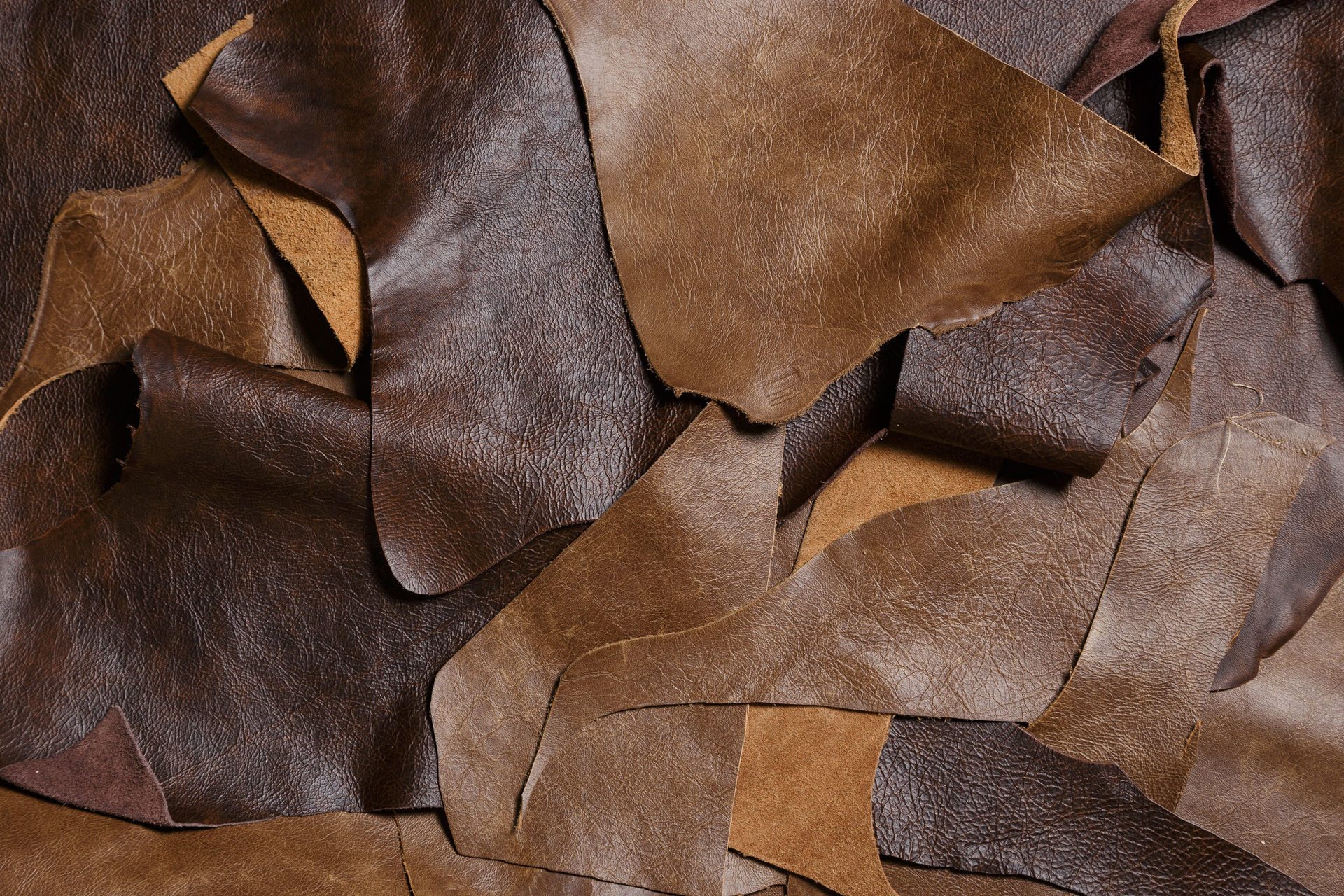
In any case, you can always familiarize yourself with the proposed color options and the cost of the product, and then choose the most suitable option for yourself.
How to use liquid skin correctly
In order to eliminate scuffs on a leather product, you need to apply a liquid to the surface. This must be done carefully and unhurriedly, making sure that the layer is even and not very thick. It is better to do this in several stages.
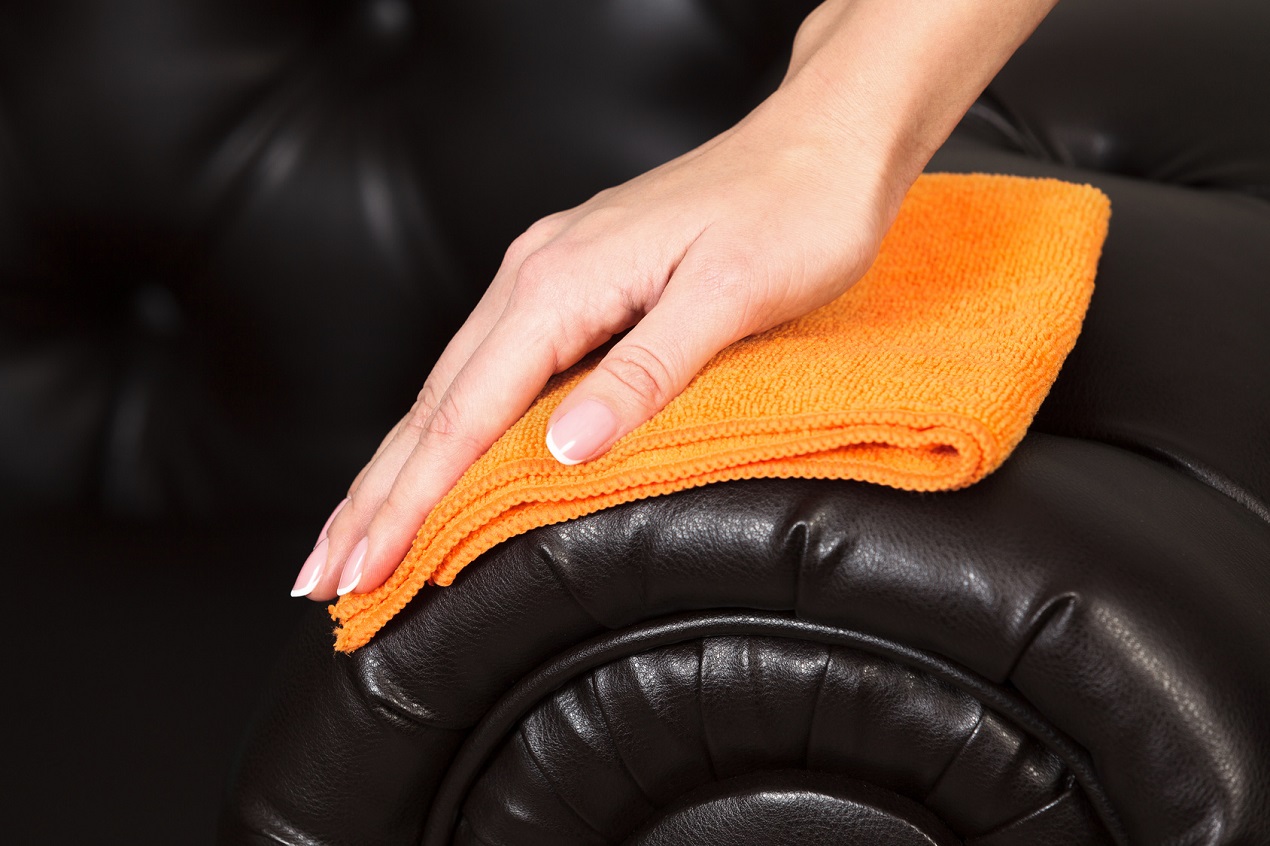
Initially, apply the first thin layer, wait for it to dry completely and then see if it is enough, or you need to repeat the procedure. After the layer has been applied to the surface, you need to take a sponge and walk over the place with a little pressure. Such manipulations will help to give the repaired place a relief, which is inherent in natural fabric.
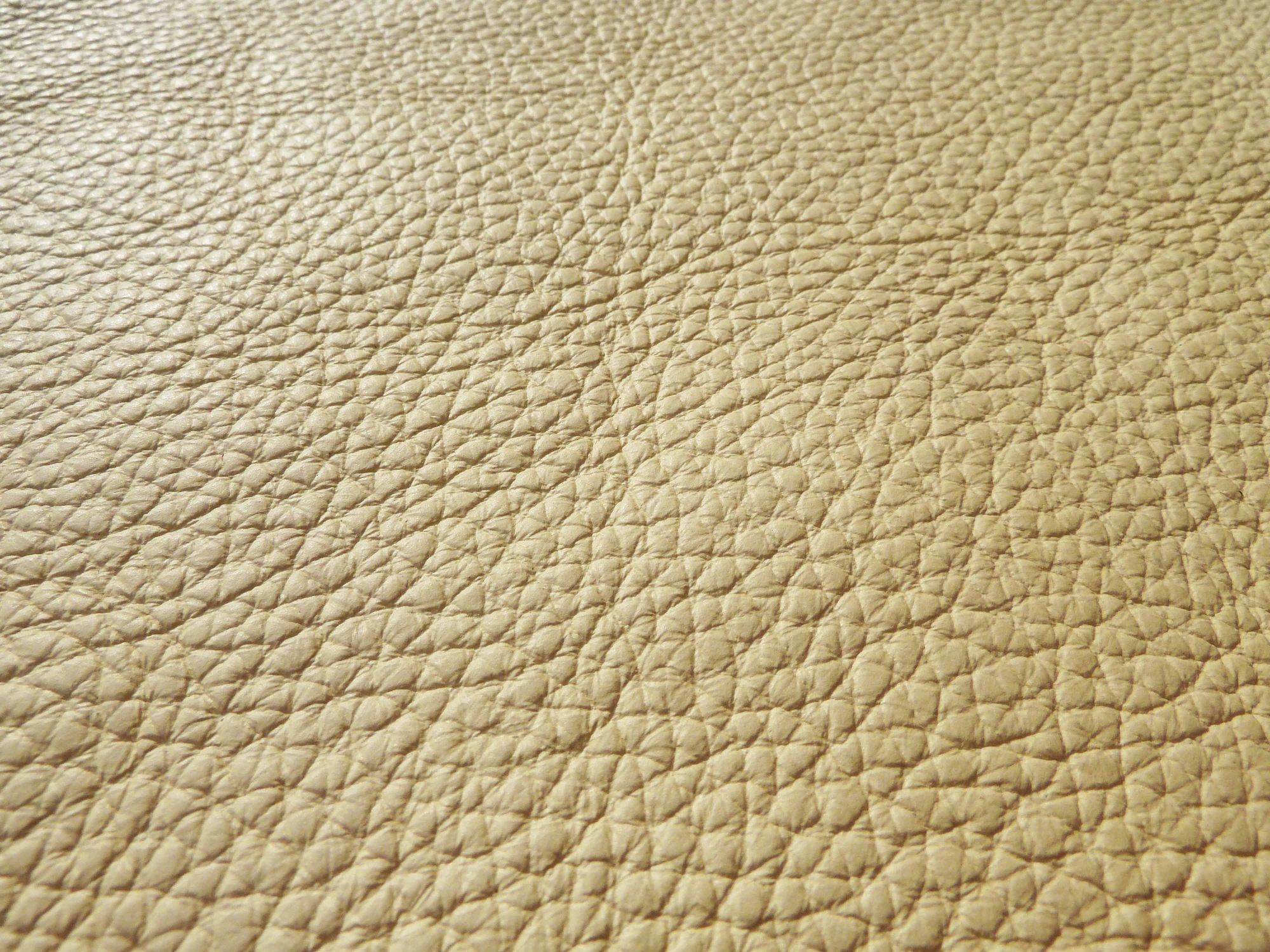
It is best to use a dry sponge to level the area. After that, you can let the product rest and dry the treated area at the same time. After complete drying has occurred, it will be clear whether it is necessary to repeat the procedure or not.
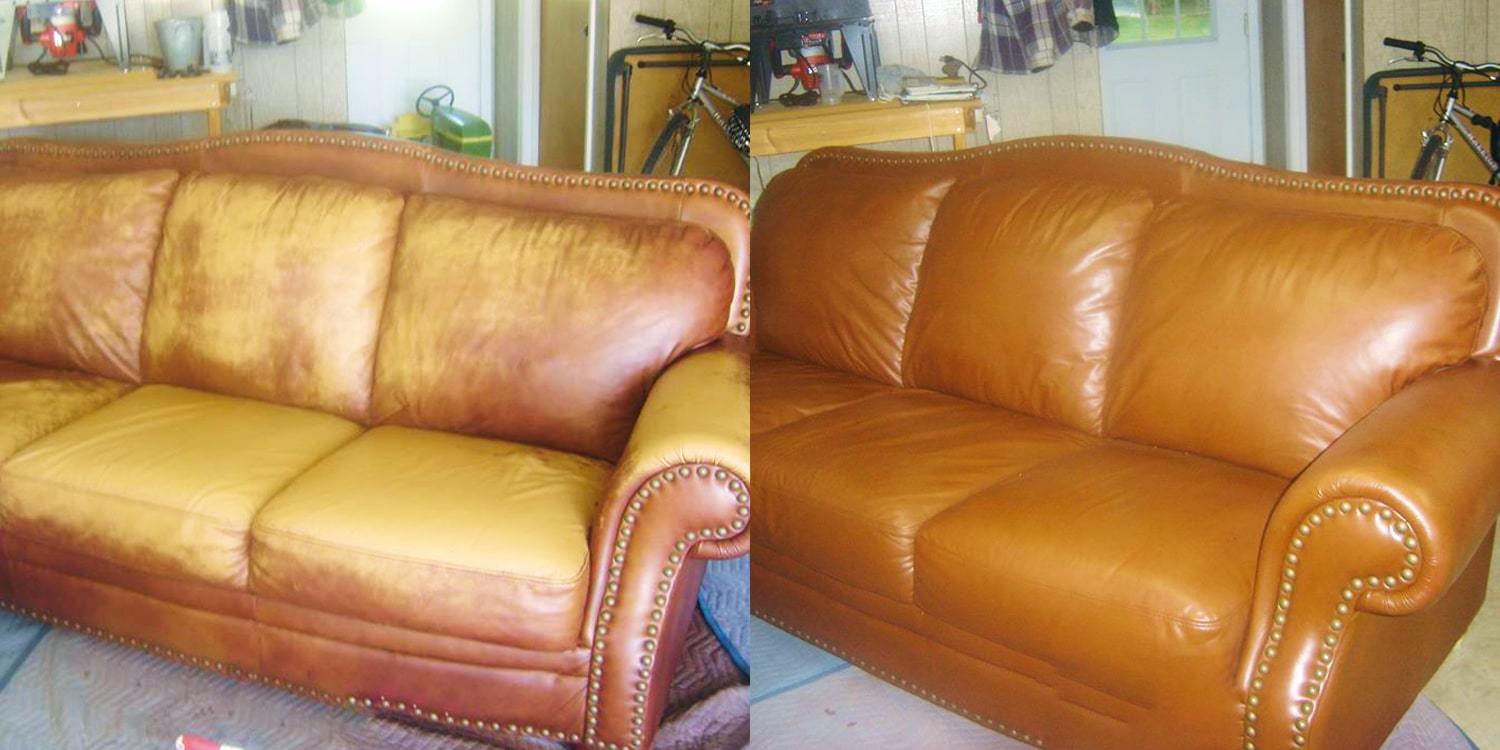
If a sofa or other piece of furniture is damaged due to paresis, then liquid leather is applied as follows. Initially, the two edges of the cut are pulled together as tightly as possible and liquid should be applied to the place of separation. After it hardens, reapply the product and do all the same procedures with a sponge, as for normal scuffing.
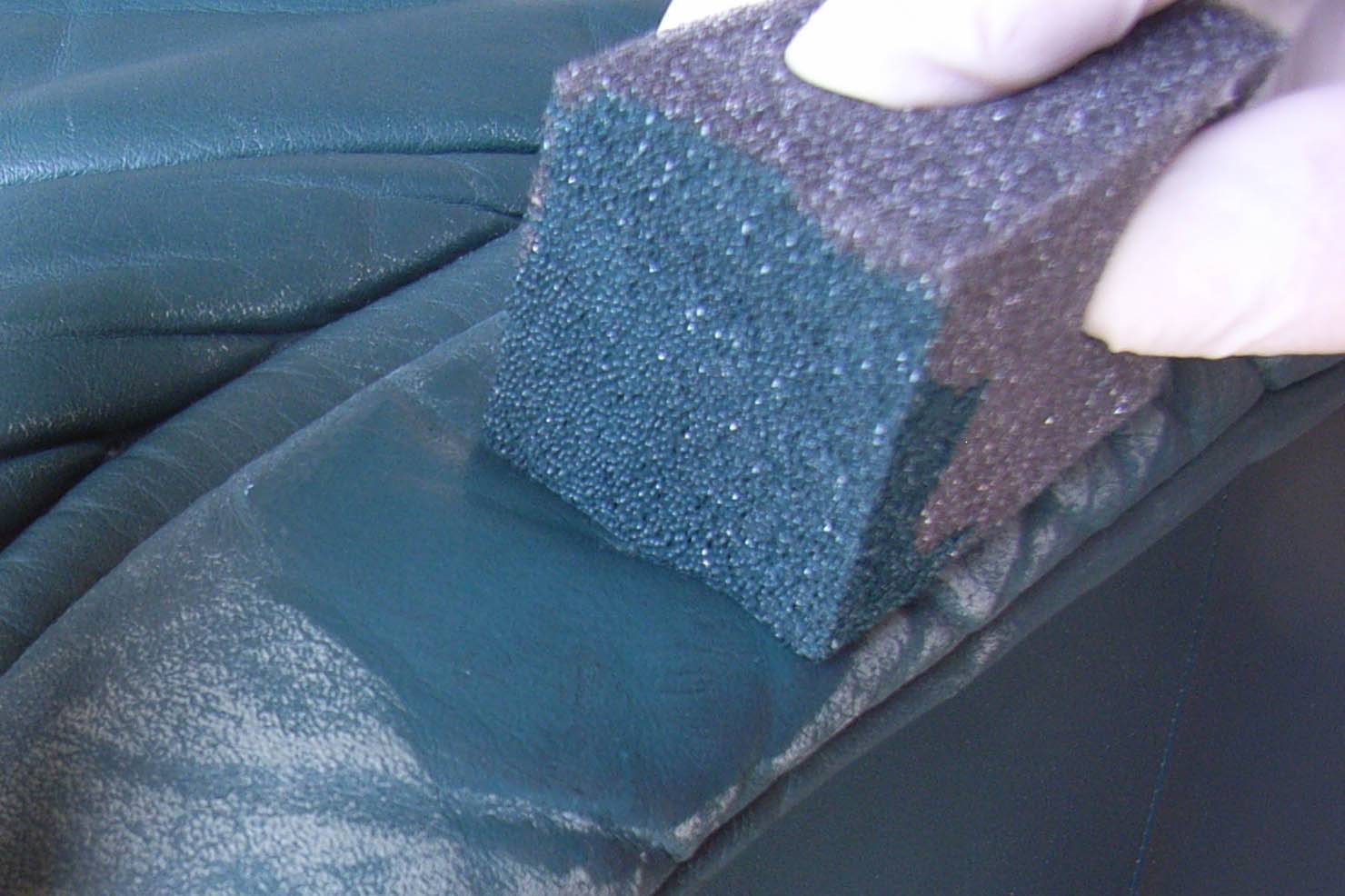
Sofa repair
To the question: how to repair a leather sofa, the answer is quite simple. The procedure itself is quite easy, the main thing is to adhere to the instructions and recommendations for using the product. First, it is necessary to clean up the future place of repair so that there are no excess fibers on it, which often remain after mechanical damage.
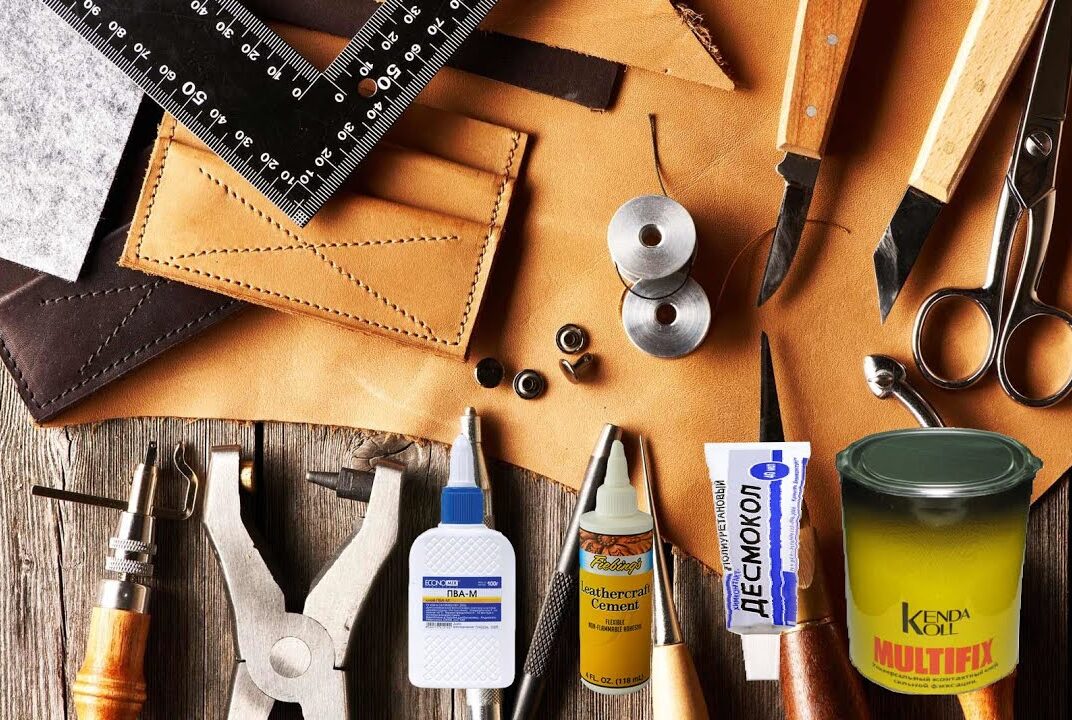
In order for the liquid skin to be able to grasp and fix the cut site as much as possible, it can be gently washed in several places.Such a procedure allows you to make a smaller cut, more precisely divide it into smaller parts, and the tool will be able to maximize its qualities. After that, you can safely carry out the degreasing procedure with a detergent.
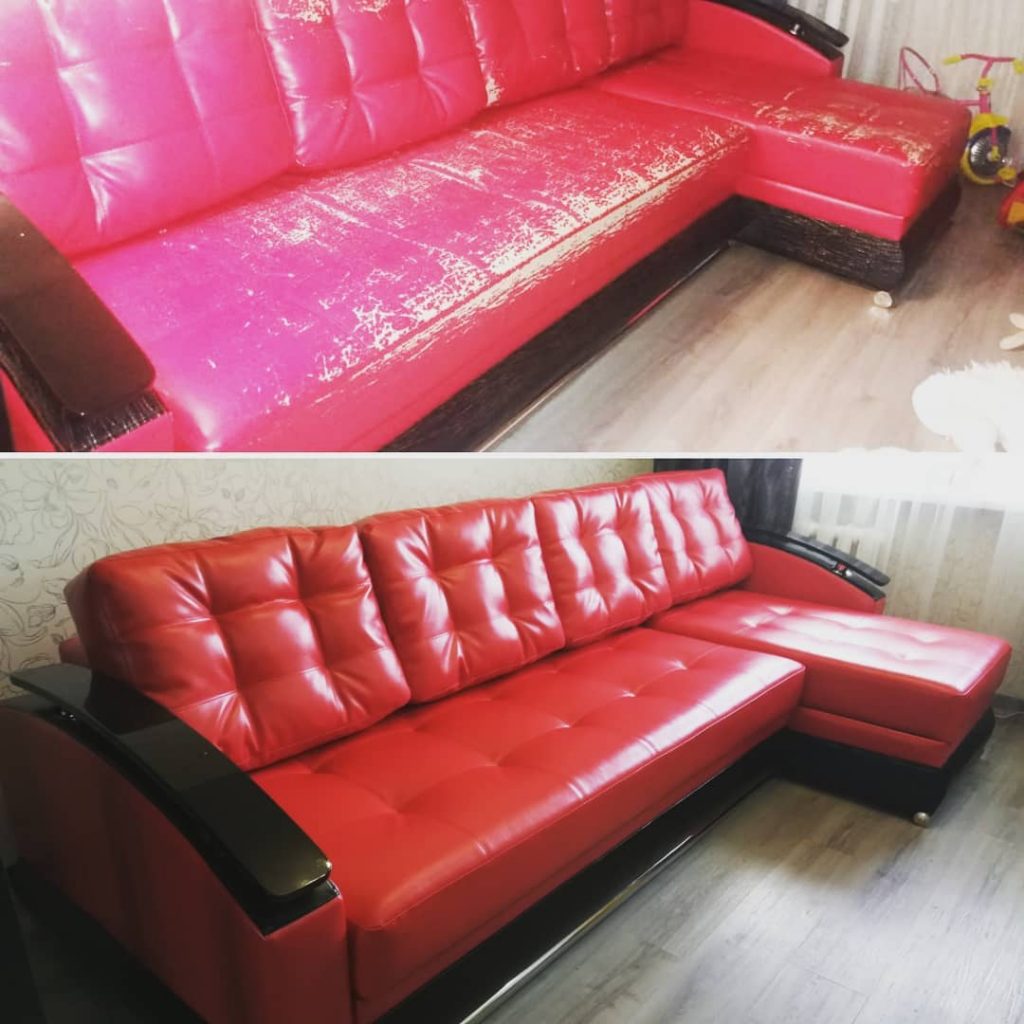
After that, you can choose the appropriate shade, if the assortment does not contain the one you need, then you can mix several options using a table with colors. Then you can apply the prepared mixture. This is done with a small piece of foam rubber or a paintbrush. The coat can be uneven, and this is quite natural.
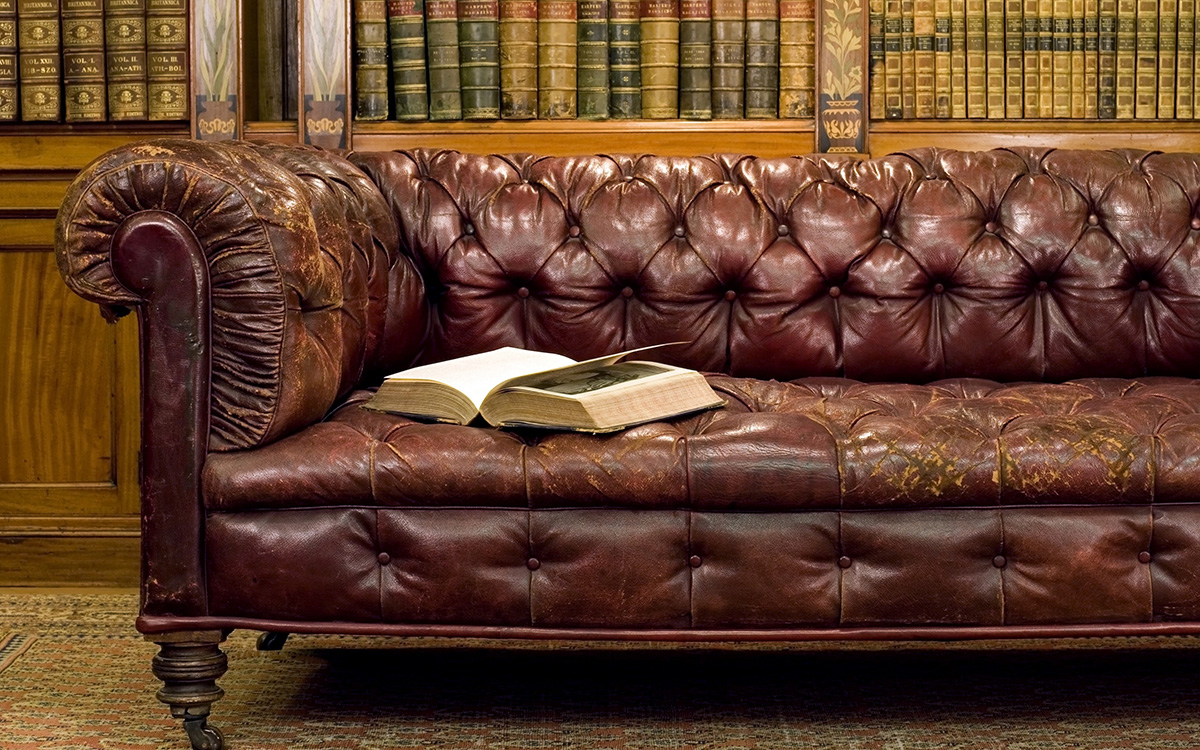
But bumps need to be removed with a piece of plastic, a small spatula or ruler. Then leave the area to dry completely, ensuring that it does not come into contact with anything.
Note! In order for the treated area to have the same embossed texture as the entire sofa, it is necessary to attach a piece of the same material to the place of work for a few seconds, then remove it.
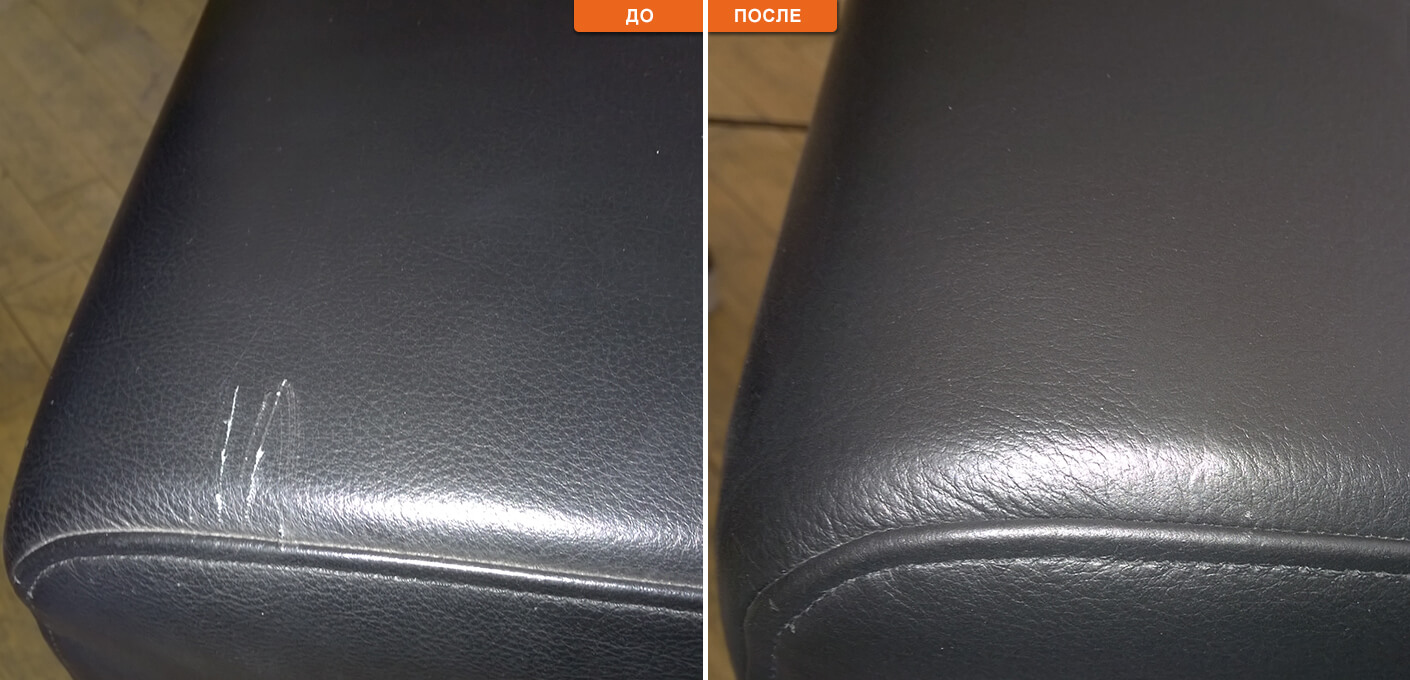
Sometimes the result may not meet expectations, and it seems that the whole procedure of restoration with the help of liquid skin was in vain, and the material does not correspond to the declared qualities. But, most often, the reasons can be:
- Too large a cut that cannot be repaired or masked with such a tool, and a different restoration method is required.
- Incorrectly selected shade, after which the treatment site is noticeable to the naked eye.
- Non-observance of the rules of application, non-observance of the sequence of repair operations.
- Incorrectly selected piece of leather for the application of a visual pattern.
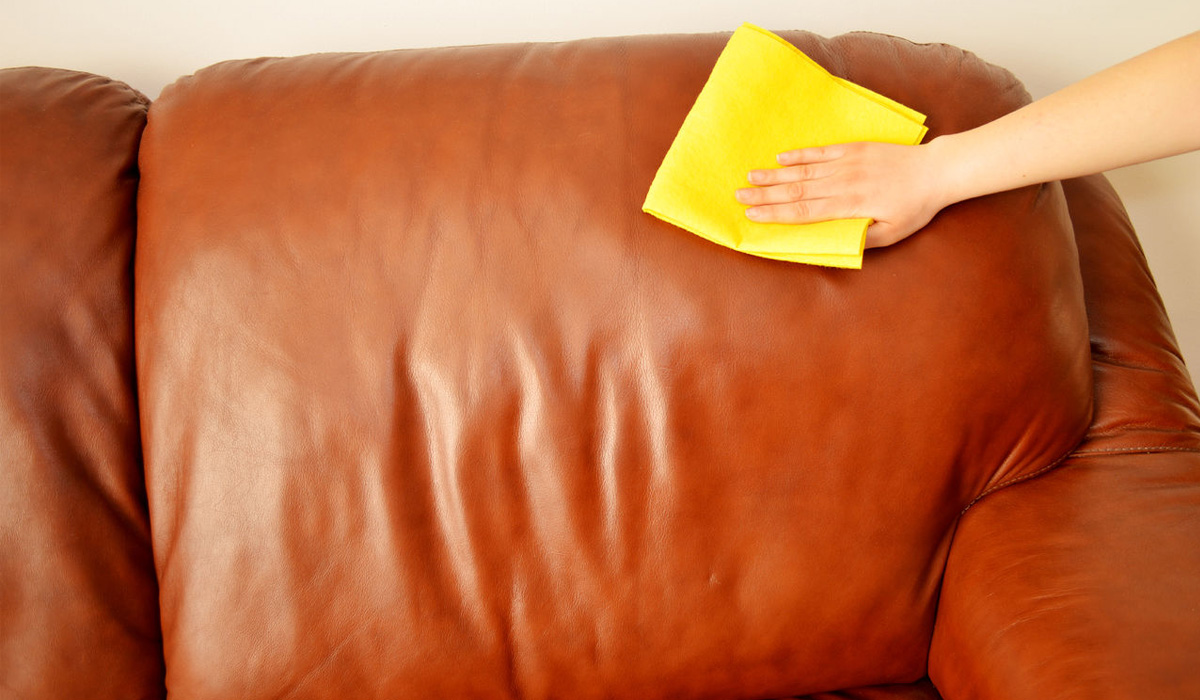
Therefore, it is so important to follow all the recommendations from the product manufacturer in order to restore the artificial leather on the sofa.
Repair of other furniture items
Liquid leather can be used not only to repair sofas or armchairs. It can be used to update:
- seat upholstery;
- shoes;
- bags;
- outerwear.
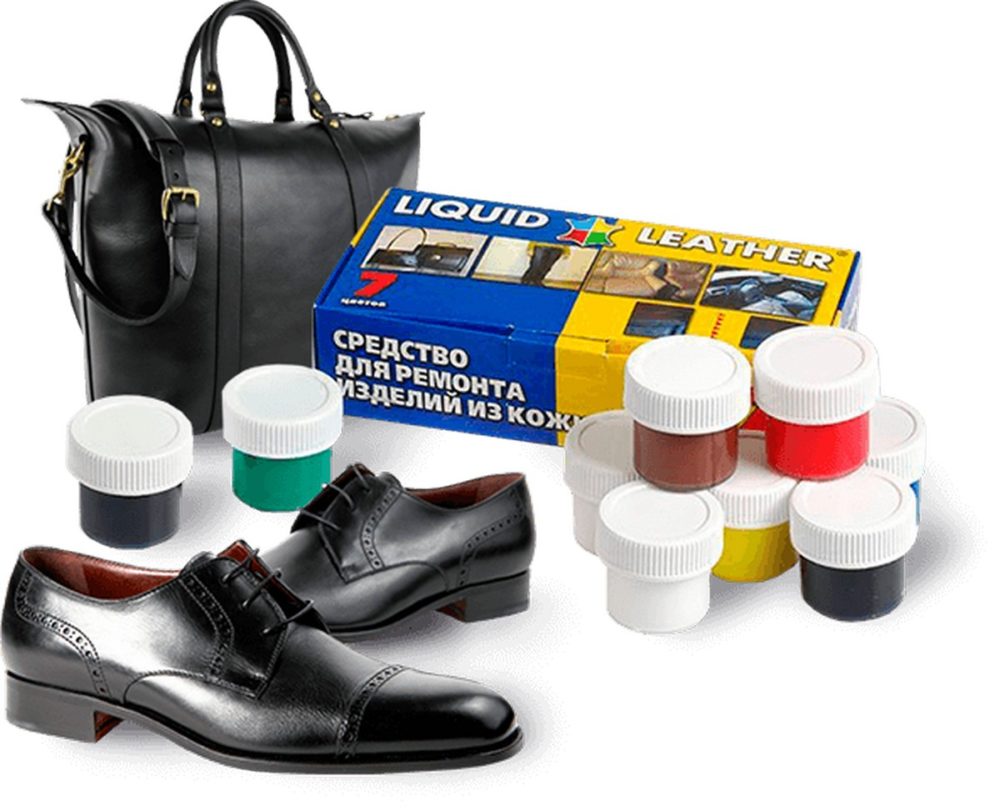
The repair procedure does not differ from that described for the example of a sofa. The most important thing in this matter is to choose the right shade and let the product dry completely after processing. If the item will be used in operation before it dries, then the whole repair process went down the drain.
Drying liquid skin
In order for the liquid skin to dry out at the repair site, you do not need to use any additional agents or special heating elements. It is enough just after processing to leave for a certain time until it completely solidifies.
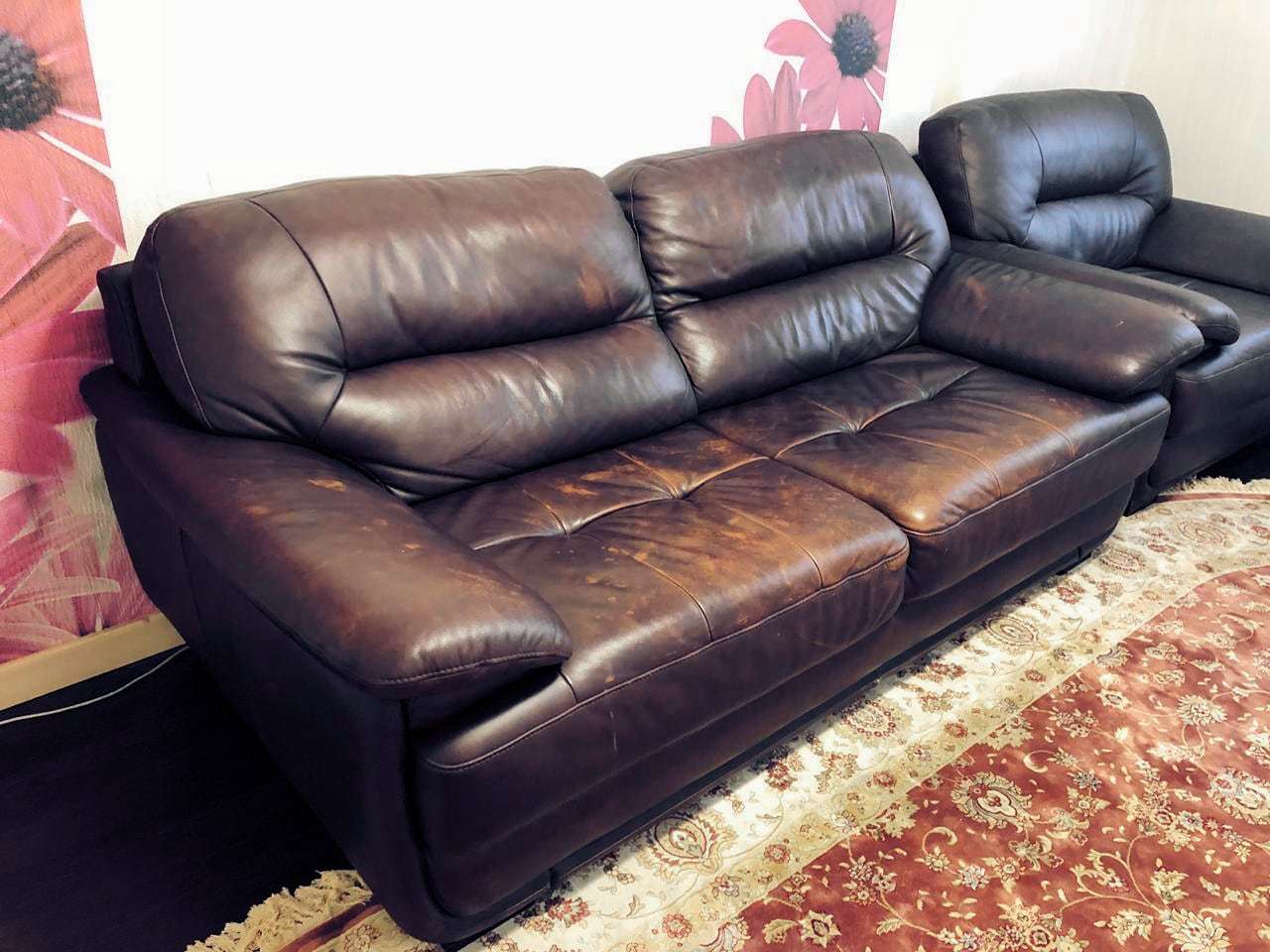
Drying times depend on the brand of liquid leather used, as well as on the thickness of the applied layer. Some manufacturers offer options that dry within 24 hours. Other brands have a longer drying time.
How to fix significant damage
If a person is faced with a sufficiently large or deep cut, then one application of liquid skin cannot be dispensed with. On her own, she will not be able to hide a large cut and disguise it. In this case, additional materials are used, namely adhesive fabric.
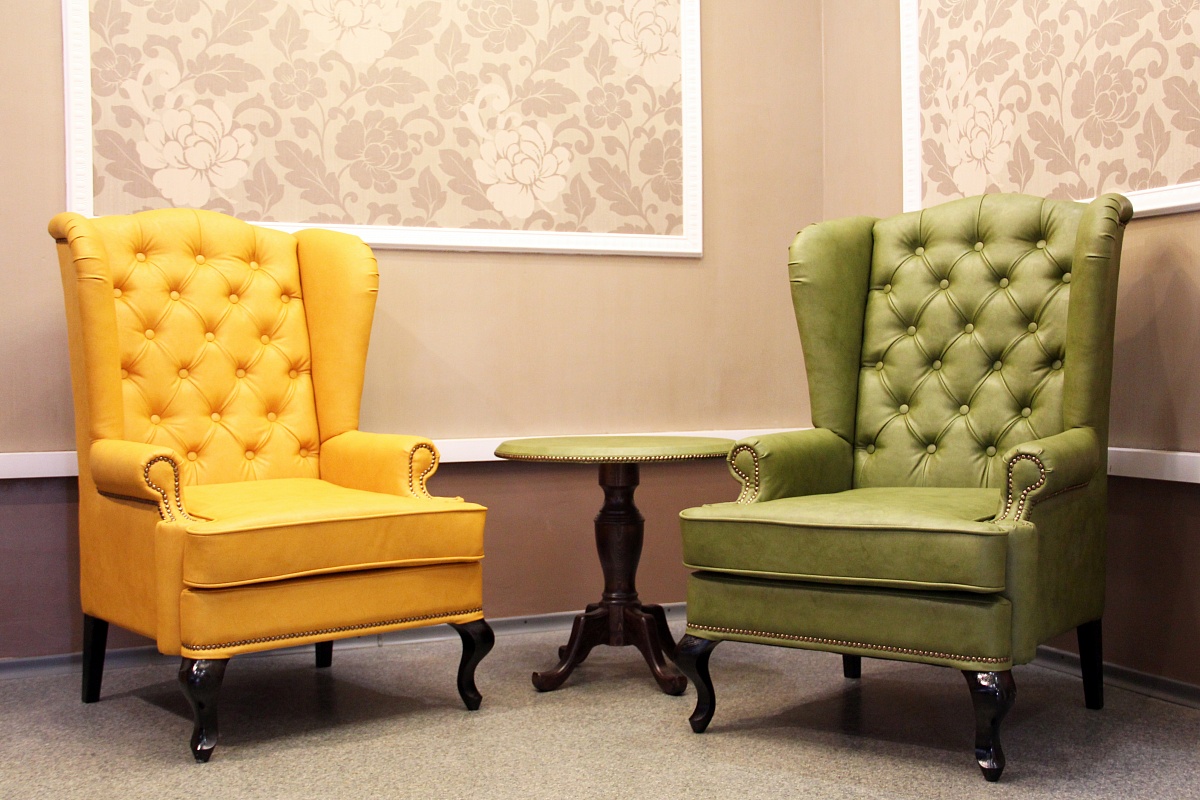
The product is preliminarily prepared for repair, and if the place of the rupture or cut is in a hard-to-reach place, then it may be necessary to disassemble the product in order to ensure comfort and the ability to carry out a high-quality procedure. After that, that part is processed and degreased. An adhesive cloth is then applied to the inside of the cut. So that she can fix and fix the cut as much as possible, you need to walk with a hot iron.
After that, the liquid is evenly distributed on the outer part, for the maximum effect of naturalness, you can press a piece of the same skin. This procedure will help to provide the area of application of liquid skin with exactly the same relief that is found on the entire subject.
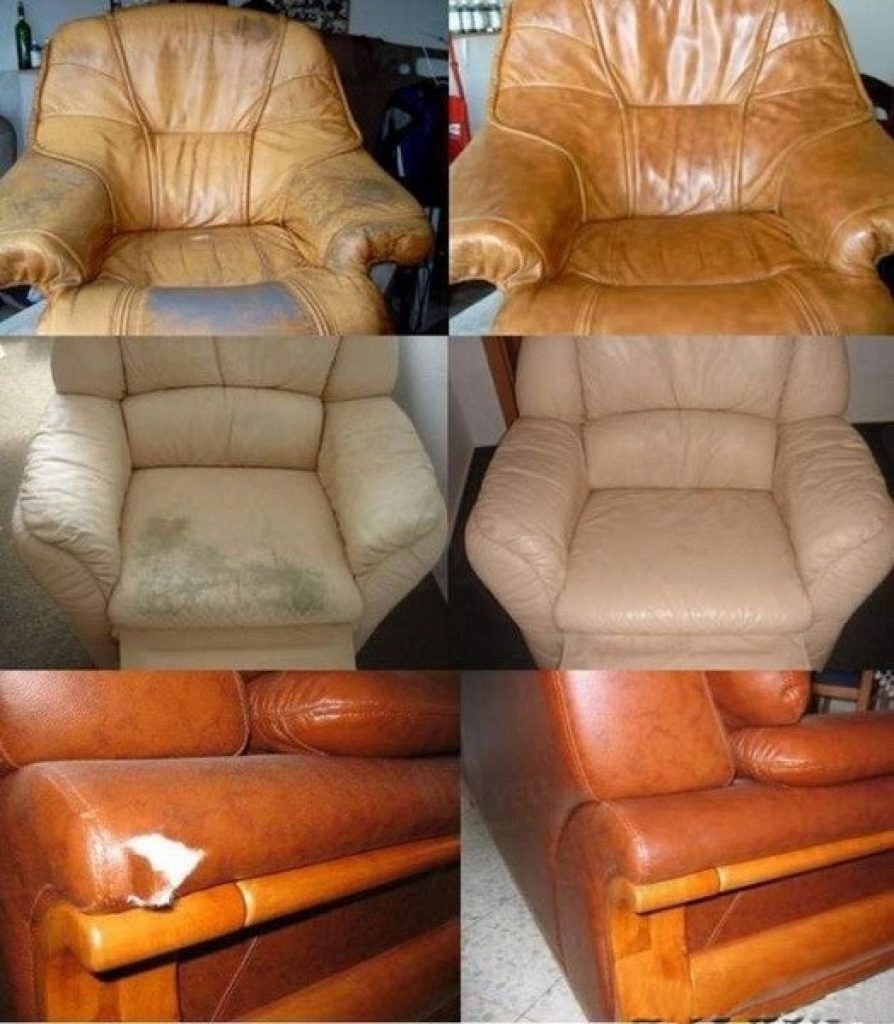
After the mixture is completely dry, control and inspection is carried out. If one layer is not enough, then you can repeat the procedure several times for complete masking.
Important! If there is no identical piece of leather, then you can use a napkin. In this case, the liquid skin is applied not to the product, but to a napkin, after which it is pressed into the right place for a few seconds and then removed, and the product is left to dry.
Advantages and disadvantages of the tool
The mixture, after its release on the market, quickly gained popularity and great demand. This is explained by a large number of advantages that are characteristic of it.
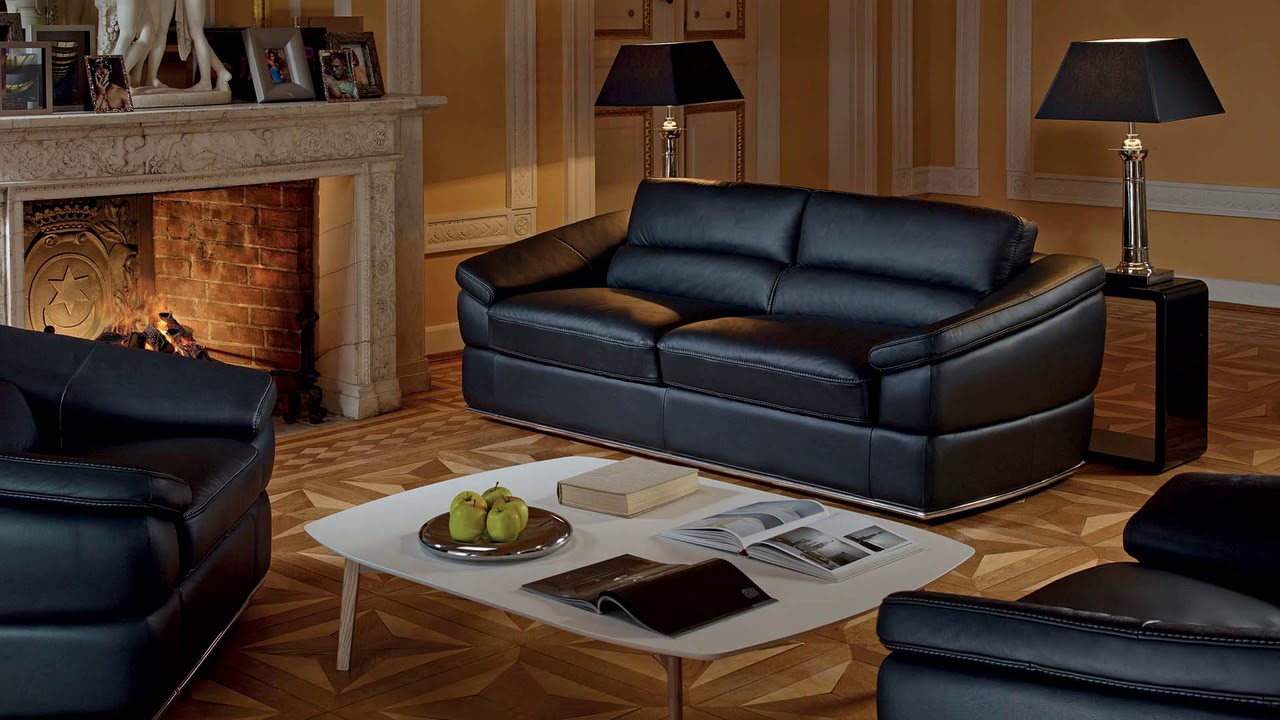
Among the main advantages are the following:
- easily applied to damaged areas;
- dries quickly;
- polymerization occurs after 20 minutes, which allows you to mix several colors to obtain the desired shade;
- durable and elastic;
- well penetrates the surface, preventing subsequent delamination;
- not afraid of temperature changes;
- long service life;
- does not require additional thermal processing methods;
- the composition does not contain substances that can adversely affect human health and the environment.
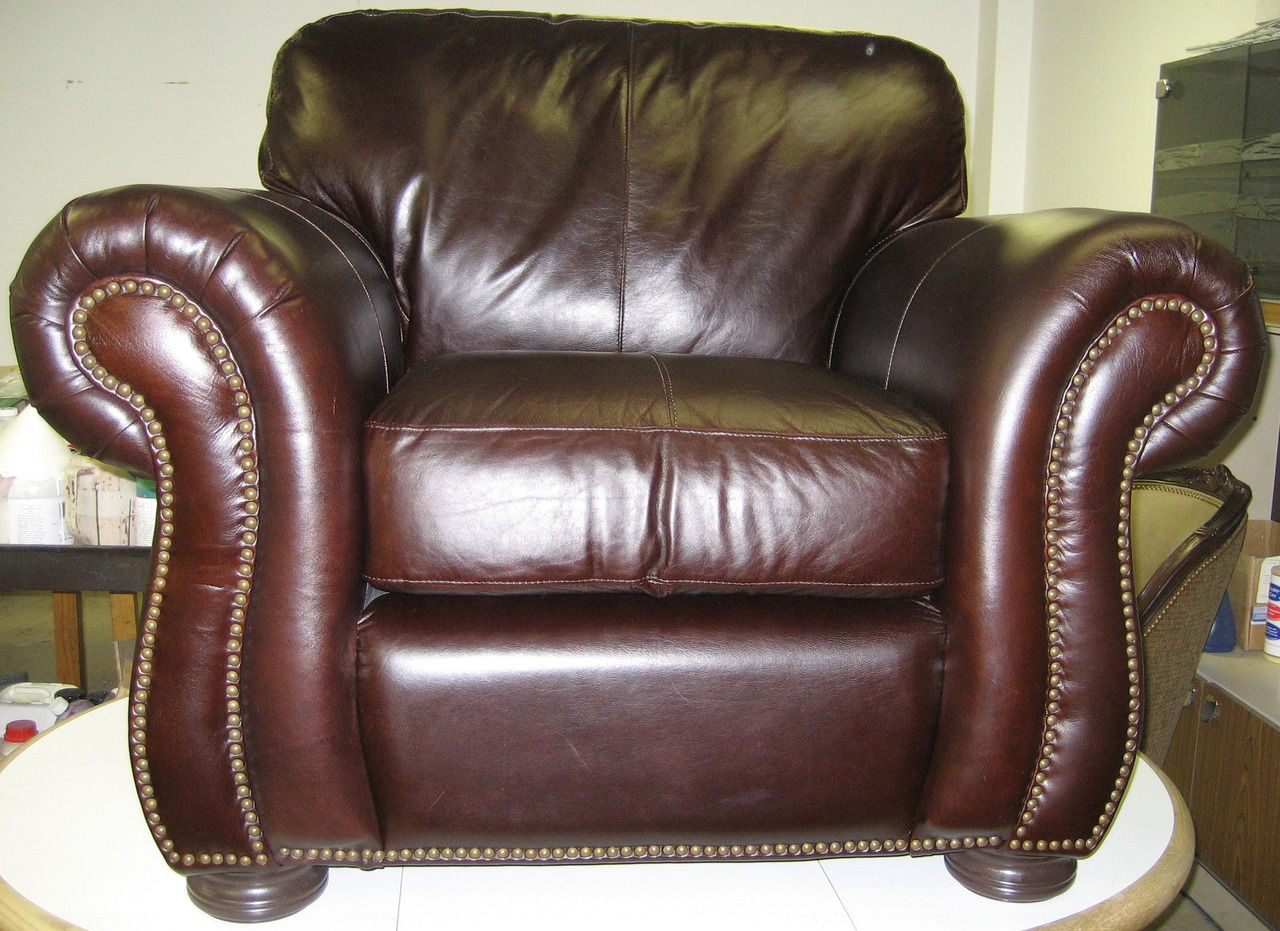
Nothing is perfect, so even a versatile product like liquid skin has its drawbacks. These include the fact that only small areas can be treated and masked. No other drawbacks were found.
Storage of liquid skin
If the liquid skin is stored correctly, then such a tube can be used repeatedly, and for a very long time. Moreover, the mixture does not change its characteristics and features for the worse.
Manufacturers recommend storing the tube with the adhesive mixture in places that are hard to reach for children, while it should not be exposed to direct sunlight. The ideal storage temperature is zero degrees Celsius.
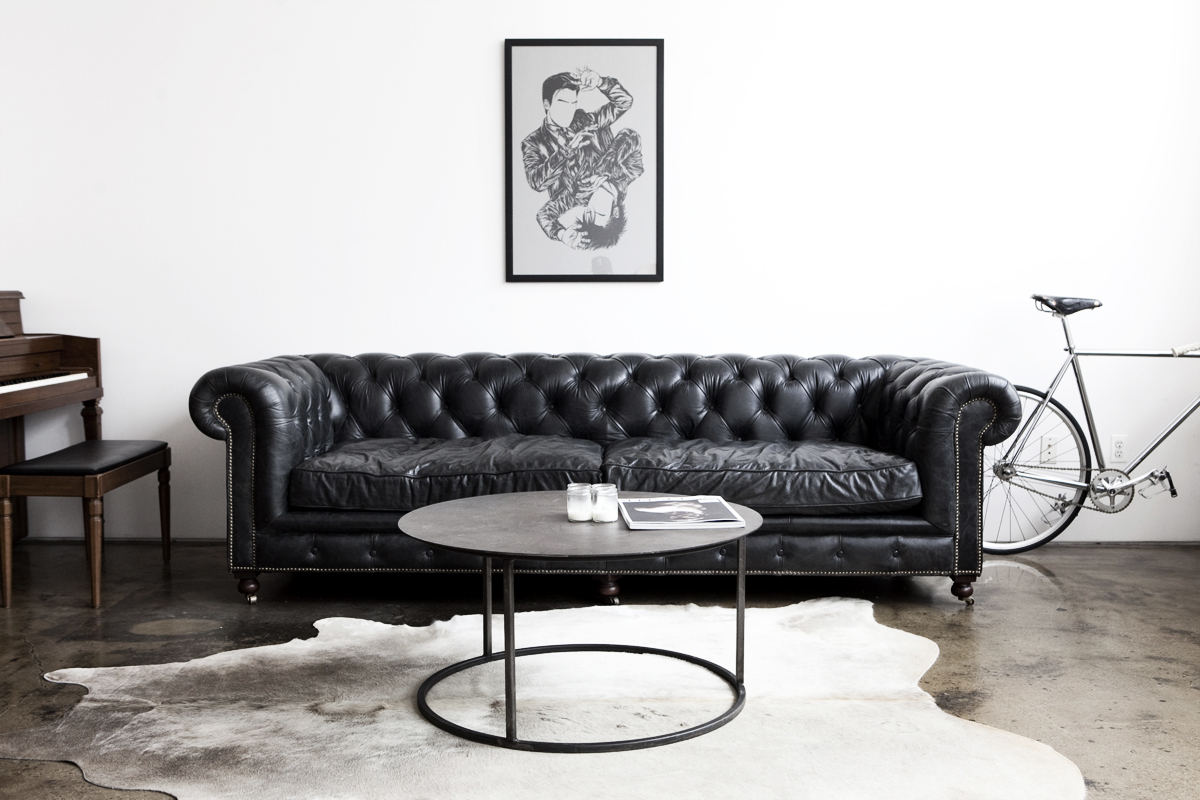
If you adhere to all the recommendations regarding the storage of liquid skin, then it is quite safe and relevant to use it for two years.
Liquid skin applied to the area required for restoration can retain its characteristics for 35 years. At the same time, it does not change its qualities when the air temperature fluctuates in this range: from -35 to +70.
Video: restoration of defects on a leather sofa
